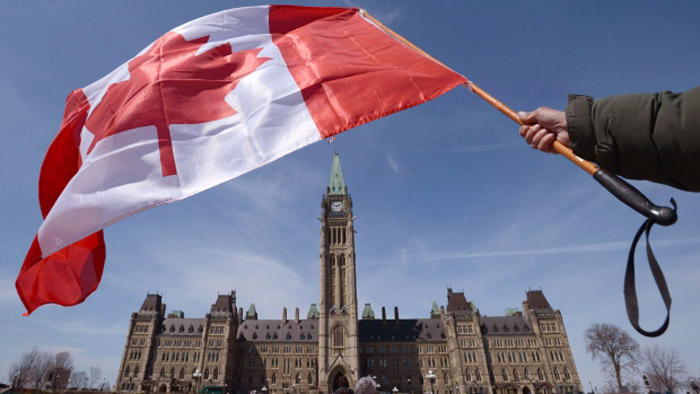Today, the fourth industrial revolution is being fuelled by artificial intelligence (AI), which is disrupting and transforming almost every industry. Inevitably, the countries that invest most heavily in their successful domestic AI technology companies will rise in global presence. Canada is running in this race, but is not in first place.
“We’re the junior partner, the bronze medal, the second fiddle, the sous-chef,” said Anthony Lacavera, founder of the telecom company Wind Mobile and author of the book How We Can Win: And What Happens To Us and Our Country If We Don't.
According to a study by the World Bank, Canada is considered the second easiest place in the world to start a company, meaning that hopeful new start-ups appear every day. However, most of these businesses will remain small and have minor aspirations. The Global Entrepreneurship Monitor reports that only one-third of new Canadian business owners hope to create a firm with more than six employees after five years.
“[As Canadians] we pride ourselves on having a spirit of adventure and a certain ruggedness, [but] then our business culture is timid and risk-averse,” Lacavera said.
According to Lacavera, Canada has a mindset issue when it comes to creating big and bold businesses.
“We just don’t aim for the number one position […],” Lacavera said. “We’ve got to have our companies go for gold, not just within the city, not just within the province, but globally. They need to win. They need to want to win, and they need to believe that they can win.”
The recent opening of Facebook’s AI lab in Montreal raised excitement around the future of AI and created a buzz on campus—largely due to the visit of Prime Minister Justin Trudeau. However, as multinational, non-Canadian corporations choose to build additional headquarters or design centres in Canadian cities, Lacavera warns of the imminent demise of local Canadian tech companies that are so vital for Canada’s future economic prosperity.
“This is a modern Trojan horse attack on Canada’s future prosperity,” Lacavera said, referring both to Facebook’s AI lab in Montreal as well as the push for Amazon and Google to set up further headquarters in Toronto.
“The reason Facebook is relocating [here] is not because they’re interested in the long-term prosperity of McGill or the city of Montreal or Canada,” Lacavera said. “They’re interested in increasing the value of Facebook [….] They get to develop intellectual property and build intellectual capital in the form of all of our great AI talent. And the rising stars, the leaders that emerge, will just end up with a transfer to Silicon Valley.”
In the long-term, Lacavera explained, this international capital will leave Canada without the leaders needed to create the innovative tech companies that can compete overseas, the successes of which are necessary for Canada to thrive in this fourth industrial revolution.
“In terms of what [politicians] should be doing, it’s not that they shouldn’t be welcoming Google or Amazon,” Lacavera said. “But they need to bring the same enthusiasm to supporting our own homegrown businesses and winners.”
Exciting success stories from entrepreneurs in Canada in the AI and tech fields of business are numerous—including Joelle Faulkner who is using her private equity firm, “Area One Farms,” to revolutionize Canadian farming, or the CEOs of ‘Internuncio’, who have developed AI bots that scan and translate important information from paper documents for software systems.
It is the proper celebration and recognition of these successes that needs to be improved, drawing parallels with the Canadian entertainment industry.
“We don’t celebrate and pay attention to [a Canadian artist] domestically [until] they make it big in the U.S.,” Lacavera said. “That bullshit has to stop. We have amazing, amazing talent here and we don’t need the validation of anyone else.”






